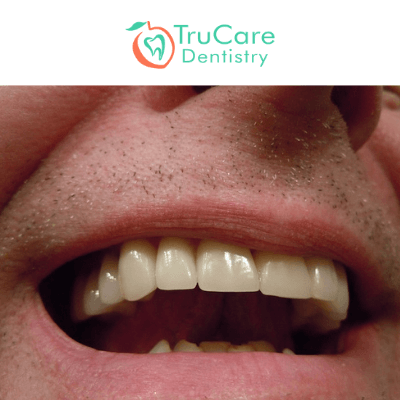
Tooth extraction is the only option for some dental issues. It is the most common treatment in oral surgery dentistry. Once your dentist removes the tooth, a blood clot usually forms on the extraction site. The blood clot protects the nerve, bone, and tissue as the area heals. However, when the blood clot does not form or is dislodged, it leaves the bones and nerve exposed.
In simple terms, an exposed bone, nerves, and tissues following the tooth extraction is a dry socket or alveolar osteitis in medical terms.
A dry socket is commonly seen after removing the wisdom tooth. Read through this article to understand the cause, signs, and treatment of a dry socket.
Causes of Dry Socket
Research yet to be done to know the exact cause of the dry socket. But, it’s been thought that bacterial contamination through food debris, liquid, or other things that enter the mouth, can cause dry socket. Plus, there are some risk factors that increase the risk of developing a dry socket, including;
- Smoking or tobacco chewing
- Poor oral hygiene
- Trauma during the tooth extraction surgery
- History of dry socket in the past
- Presence of an infection in the mouth
- Not following proper care instructions after tooth extraction
Symptoms of Dry Socket
A dry socket occurs following a tooth extraction, usually after a couple of days. Initially, you will feel pain and discomfort. More specifically, you will notice signs such as;
- Severe pain on the affected area following the tooth extraction
- Visible bone in the socket
- Partial or complete blood clot loss from the tooth extraction site
- Bad breath or foul smell
- Presence of unpleasant taste in the mouth
- Pain radiating from the tooth socket to the body parts (ear, eye, temple, or neck) on the same side of tooth extraction
Treatments of Dry Socket
Pain management is the primary purpose of the treatment for a dry socket. Your dentist may perform the following steps to help you manage the symptoms;
- Perform oral examination to observe the condition of a dry socket
- Flush and clean the socket to remove debris
- Pack the socket with medicated dressings to prevent infections
- Prescribe medicines to relieve pain and promote healing
Dry sockets need to be treated under the guidance of your dentist to prevent further complications. Proper treatment and medication will help to treat a dry socket and relieve you from the pain.
But, most of the time, people are concerned about what they should do to prevent dry sockets after tooth extraction.
Tips to follow after tooth extraction
If you take proper care once the tooth is removed, you reduce the risk of forming the dry socket. You will receive instruction from your dentist or oral surgeon for appropriate home care after tooth extraction. Here are some of the tips that will help you to promote healing and prevent damage to the wound;
- You need to plan to rest for the remainder of the day and strictly follow your doctor’s instructions.
- Use cold packs followed by warm packs application on the outside of your face on the first day after surgery will help to decrease pain and swelling
- Take the medications as prescribed
- Drink lots of water after the tooth removal
- Avoid alcoholic, carbonated, caffeinated, or hot beverages as your dentist recommends
- Avoid drinking with a straw for at least a couple of days as the sucking may dislodge the blood clot in the socket.
- Consume soft food and do not drink too hot or cold beverages
- Maintain proper oral hygiene
It is crucial to get a dry socket treated as soon as possible. TruCare Dentistry offers comprehensive treatment for a dry socket. Our all-inclusive dental care treatment helps people to improve oral care and prevent dental issues.
Whether you are looking for general dentistry, oral surgery dentistry, or cosmetic dentistry, we can help. We provide dental care treatment by following standardized protocols and under expert supervision. Call us to schedule an appointment to get the best dental care in Roswell, GA.
